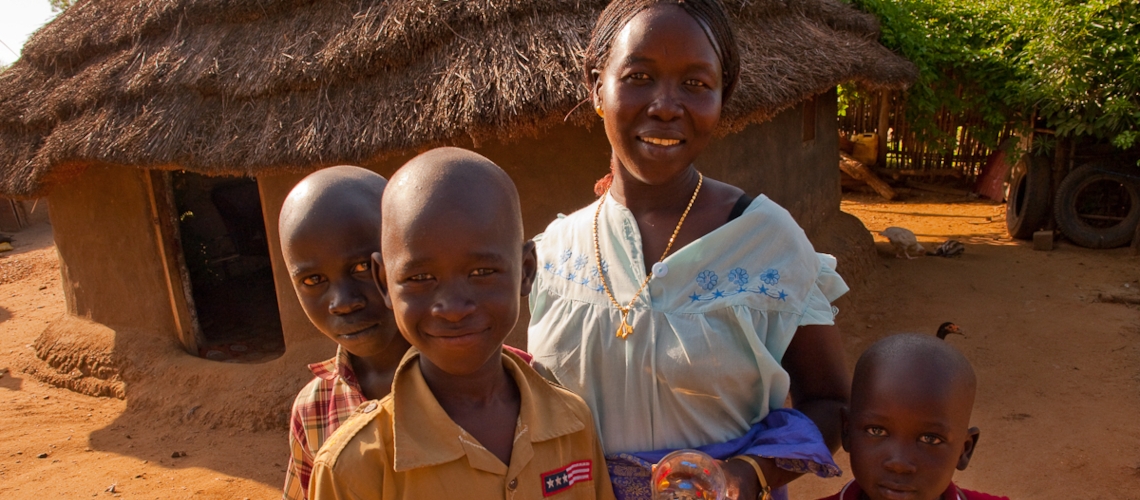WBG
Migrants and refugees are among the vulnerable populations that are hardest hit by the COVID-19 pandemic. But it’s not just them – the crisis is also impacting their families back in their home countries who depend on the money they send to make ends meet. Especially for households in countries affected by fragility and conflict (FCS) who are more likely to be extremely deprived, these remittances are economic lifelines. Over 50 million international migrants and refugees come from FCS.
BMJ Journals
The COVID-19 pandemic poses a serious challenge to our existing healthcare infrastructure. Rapid spread of SARS-CoV-2 can easily overwhelm healthcare capacity, which can exceed the number of intensive care unit beds and ventilators. Once this threshold is surpassed, any serious yet treatable disease becomes life-threatening.
CDC
About 34.2 million Americans live with diabetes, meaning their bodies don’t make enough insulin or can’t use the insulin they make to turn food into energy. In either case, the result is too much sugar in the bloodstream. Over time, this can cause serious health problems such as heart disease, vision loss, and kidney disease.(1)
WRI
Governments are in uncharted territory as they respond to the economic impacts of the coronavirus pandemic — but that doesn’t mean they can’t learn from the past.
Digital Science
A year into a global pandemic Cathy Holland, our Director of Global Publisher Business Development, looks ahead at how the pandemic has changed the state of open monographs in a post-COVID world.
BMJ Journals
To compare hospitalisation rates, intensive care unit (ICU) admissions and mortality for patients with COVID-19 who were consistently inactive, doing some activity or consistently meeting physical activity guidelines.
BannerHealth
If you or someone close to you has experienced a stroke, you know that they can happen suddenly and with little warning. Understanding the risk factors is the best way to prevent strokes from ever happening. 85% of strokes are ischemic strokes, which are caused by a clog in an artery, leading to a lack of blood flow to the brain. Obesity, diabetes, high cholesterol, heart arrhythmias, atrial fibrillation, smoking, drug abuse and many other risk factors are all linked to an increased likelihood. Now, recent studies have shown that COVID-19 may be linked to increased stroke risk as well.
World Bank
By now, it has become clear that the SARS-Cov-2 pandemic is not a one-off, unfortunate event but the beginning of a new era in global health and security. We are also coming to grips with the new post COVID-19 reality, likely to be somber unless we, the global community, get our act together to prepare and respond to its longer-term effects.
ARIN
In response to the varied impacts of COVID-19 on social dynamics, economic systems, and health systems, there is renewed need for evidence-based decision making.
NIH Director’s Blog
It will be important to keep COVID-19 vaccines up to date as coronavirus variants continue to circulate.










